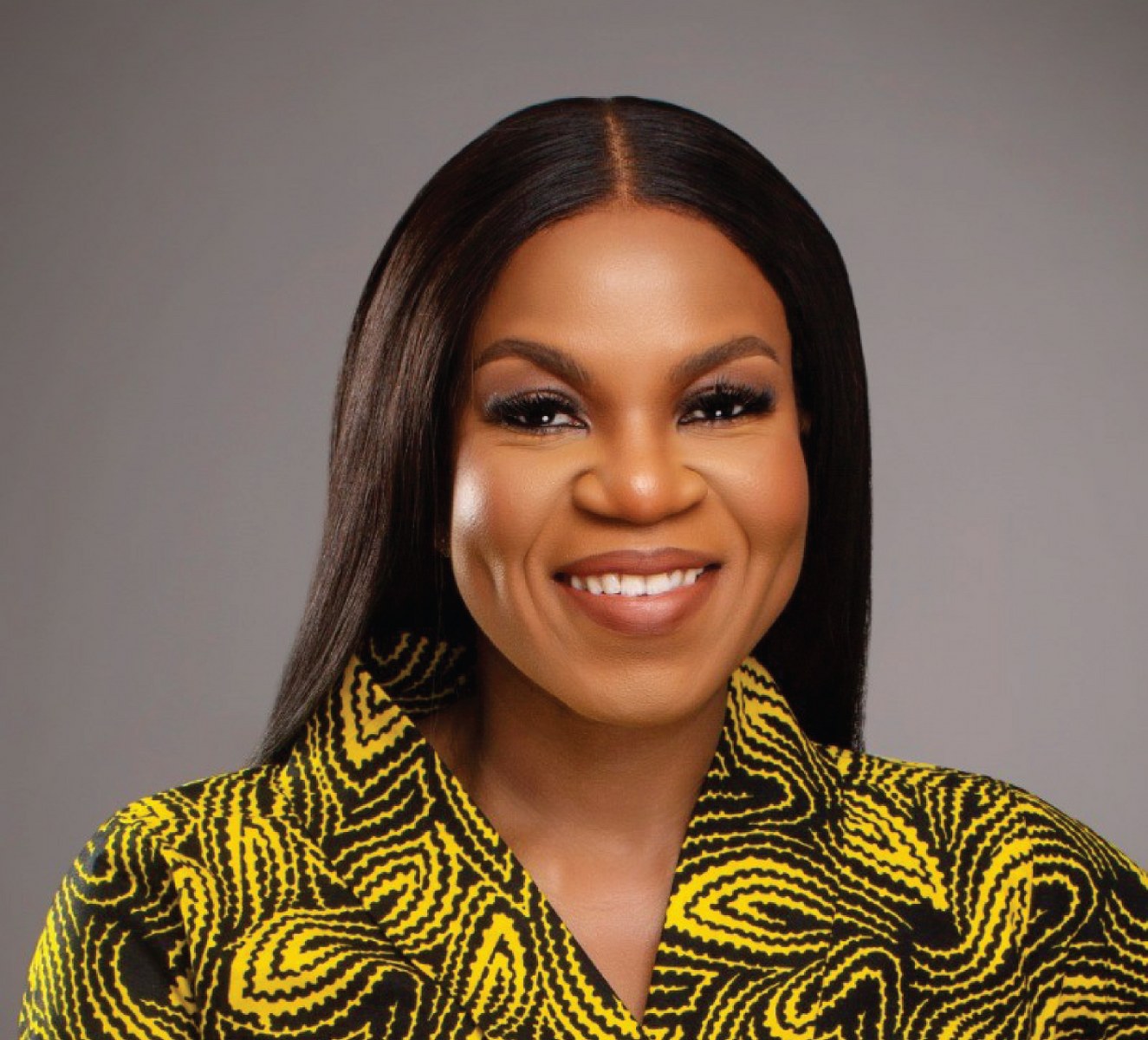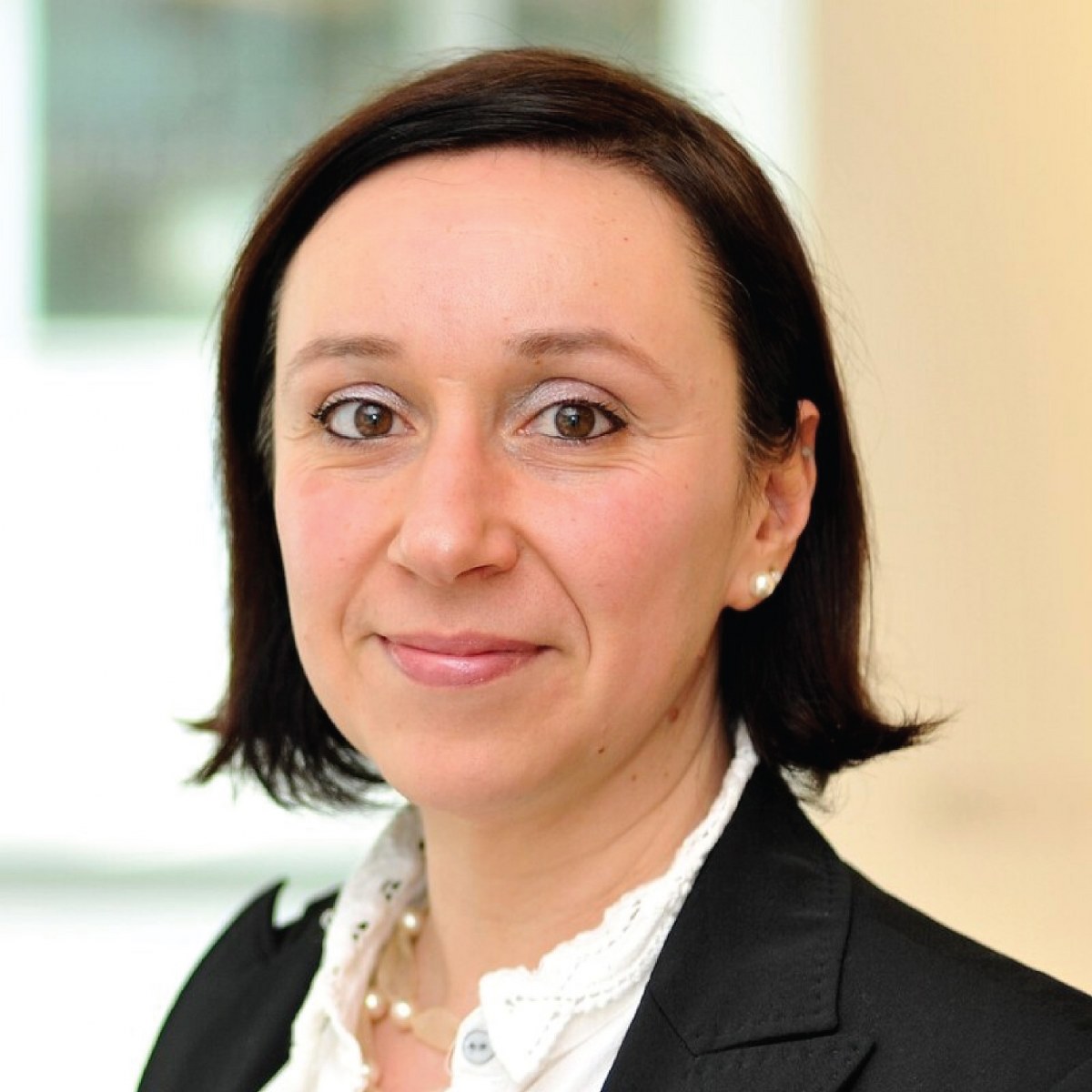She Leads
WOMEN LEADING SUSTAINABLE INFRASTRUCTURE IN THE GLOBAL SOUTH
Lorem ipsum dolor sit amet, consectetur adipiscing elit. Ut elit tellus, luctus nec ullamcorper mattis, pulvinar dapibus leo.

power producers in the country. She also leads the ReNew Foundation, which connects sustainable infrastructure deployment with gender-inclusive CSR initiatives (e.g. workforce development ensuring 30% women employees by 2030).
Why It Matters
Her work advances integrated infrastructure strategy—where energy projects serve communities while promoting women’s professional empowerment, especially in technical and operational roles.
Leadership & Impact
Ogunbiyi has led the global charge to electrify underserved communities—especially in sub-Saharan Africa—under the UN’s “Mission 300” initiative, which aims to provide electricity for 300 million people by 2030. Previously, as managing director of Nigeria’s Rural Electrification Agency, she spearheaded a $550 million World Bank–backed program that delivered electricity access to over 5 million Nigerians.
Why It Matters
Her work marries sustainable infrastructure development with social equity—extending green energy to the Global South and empowering women and marginalized communities through energy access, essential for education, healthcare, and livelihood.
Leadership & Impact
Sinha has played a pivotal role in India’s renewable energy expansion, co-founding ReNew—one of the largest renewable
Leadership & Impact
As a seasoned civil engineer and infrastructure advisor, Carluccio guides governments, city planners, and financiers across Africa, Asia, and Latin America in designing inclusive and resilient infrastructure systems. She champions standards that embed both sustainability and equitable access into public infrastructure projects.


Why It Matters
Savina’s influence lies in shaping institutional and technical frameworks—advising on how to ensure infrastructure is climate-smart, inclusive, and designed with women’s mobility and safety in mind.
Leadership & Impact
Muhamad led Colombia’s environmental and infrastructure policy to prioritize nature-based solutions, social inclusion, and climate adaptation. As chair of C40 Cities’ Latin America Climate Action Planning, she advanced urban resilience initiatives in major cities including Bogotá and Cali
Why It Matters
Under her leadership, infrastructure planning integrated conservation efforts, resilient public works, and protection of Amazon ecosystems—while promoting women’s participation in environmental and infrastructure decision-making.
WHY THESE WOMEN MATTER
Community-Centered Planning
These leaders align infrastructure with local needs—prioritizing energy access, mobility, and climate resilience while ensuring women are both users and decision-makers.
Gender-Inclusive Workforce
Whether through direct hiring targets, skills development, or workforce engagement, they focus on including women in technical, managerial, and operational roles.
Sustainable, Resilient Infrastructure
By championing renewable energy, nature-based solutions, and climate-adaptive planning, they position infrastructure as a tool for sustainable development and equity.
Global and Local Impact
Operating at different scales—from national ministries to global coalitions—they collectively influence policies, standards, and large-scale projects rooted in both sustainability and inclusivity.
Inspiring the Next Generation
Their visibility and leadership paths serve as powerful models for future women engineers, planners, and policymakers across the Global South and beyond.
LOOKING AHEAD: BUILDING FOR BOTH CLIMATE AND EQUITY
As countries in Africa, Asia, and Latin America scale up infrastructure for climate adaptation, energy access, and resilience, these four women demonstrate that:
• Infrastructure must be designed for communities, especially women and vulnerable populations.
• Equity and sustainability are not optional, but foundational to long-term infrastructure success.
• Investments in training, workforce inclusion, and leadership pathways are as critical as physical assets.
Their work provides a concrete pathway: infrastructure built not just to last—but to lift lives, forge inclusion, and safeguard communities against climate disruption.
Sources
• Damilola Ogunbiyi profile and UN role TIMEIISDGlobal Girls Development Foundation
• Vaishali Nigam Sinha leadership and CSR focus
• Savina Carluccio’s work at ICSI and global infrastructure standards
• Susana Muhamad’s policy impact in Colombia and C40 leadership
• Gender-inclusive infrastructure insights from GI Hub, World Bank, and SDG frameworks
